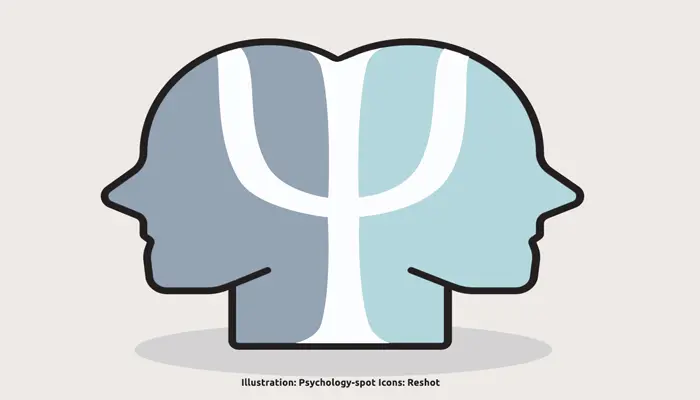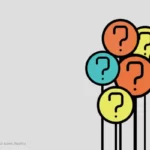
In society, extroverts start off with a certain advantage. Their propensity for interpersonal bonding and social skills make them shine and often give them an advantage that paves the way for success. However, in today’s circumstances, forced to maintain social distance and subjected to more or less long house confinements, introverts have a card up their sleeve.
Introverts may have an advantage in dealing with loneliness since their well-being depends less on social interactions than that of extroverts. In fact, psychologists from the University of Bern revealed that introversion as a personality trait is key, although it is not enough to protect our emotional well-being in these circumstances, so they delved into the strategies that introverts use to deal with stress and protect their mental balance.
The 3 mental habits that most affect your emotional well-being
Broadly speaking, when we are faced with uncertain and challenging situations that generate great stress, we can implement two emotional regulation strategies. Adaptive strategies will help us feel better, while maladaptive strategies will stoke unpleasant feelings.
Therefore, these psychologists focused on evaluating the strategies that people used to deal with the pandemic according to their personality characteristics. They also looked at the impact of those strategies on their mental health.
They found that the people with poorer mental health who had a harder time dealing with the reality of the pandemic ,had three things in common:
1. Catastrophism. They continually thought about how terrible the situation they were going through was.
2. Rumination. They were not only concerned about the current situation, but also about what they were feeling.
3. Locus of control external. They blamed and held others responsible for everything that was happening.
The 5 emotional regulation strategies that protect your mental health
These psychologists also found that there are different emotional regulation strategies that protect our mental health in times of crisis, serving as a kind of protective shield.
1. Focus on planning. Although in the midst of a pandemic many things are beyond our control, those who are better dealing with the consequences of it struggle to plan what they can do and try to use their time in a productive way.
2. Distraction. Those who are dealing better with the pandemic and confinement try to think of pleasant things that have nothing to do with the current situation, which serves as a safety valve.
3. They put things in perspective. These people try to take a psychological distance from what is happening by putting things in perspective, telling themselves that there are worse things in life.
4. Radical acceptance. Those who are better dealing with the pandemic and confinement are people who work to accept what has happened, rather than denying or lamenting it.
5. They reevaluate the situation. An important strategy to deal with adversity that these people are putting into practice, is to make an effort to learn something from the situation, take a lesson or grow so that everything is not in vain.
People with a higher level of introversion who were able to resort to these emotional regulation strategies better preserved their well-being and found relief from loneliness. One of the keys could be that, compared to extroverts, introverts tend to focus more on their inner world, so that their well-being depends essentially on their internal processes, while for extroverts the quality and quantity of social interactions are more important.
Extroverts may not have the same psychological resources to deal with the challenges posed by a pandemic because they are overly reliant on their social support networks, which have had to shrink and are less available. This can make extroverts feel more overwhelmed and lonely than usual, which can affect their mental health.
Another study conducted at Florida State University further revealed that extraverts also show higher levels of concern for their health and the economy during the pandemic.
Therefore, introversion is an advantageous characteristic to avoid the damage that unchecked loneliness can cause, but we must make sure that we use the appropriate emotional regulation strategies to reframe the negative emotions that we may experience in a more positive way.
Sources:
Gubler, D. A. et. Al. (2020) Loneliness and well-being during the covid-19 pandemic: Associations with personality and emotion regulation. Journal of Happiness Studies; doi: 10.1007/s10902-020-00326-5.
Buecker, S. (2020) Loneliness and the big five personality traits: A meta-analysis. European Journal of Personality ; 34(1): 8–28.
Aschwanden, D. et. Al. (2020) Psychological and Behavioural Responses to Coronavirus Disease 2019: The Role of Personality. European Journal of Personality; DOI: 10.1002/per.2281.



